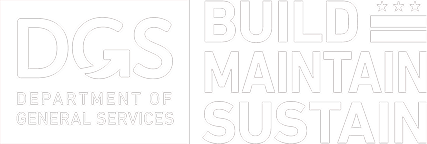DCPS Recycles! Celebrates Success Stories from 2015-2016
The DCPS Recycles! program is proud to celebrate this year’s recycling successes from all 8 wards and our plans to expand excellence in organics recycling next year. Just a few of the highlights from this year are summarized below.
Check out our new interactive maps to learn more details about each school’s participation in the program.
Congratulations to all the schools that made the 2016 DCPS Recycles! Honor Roll. Thank you to all staff and students who participate in recycling every day.
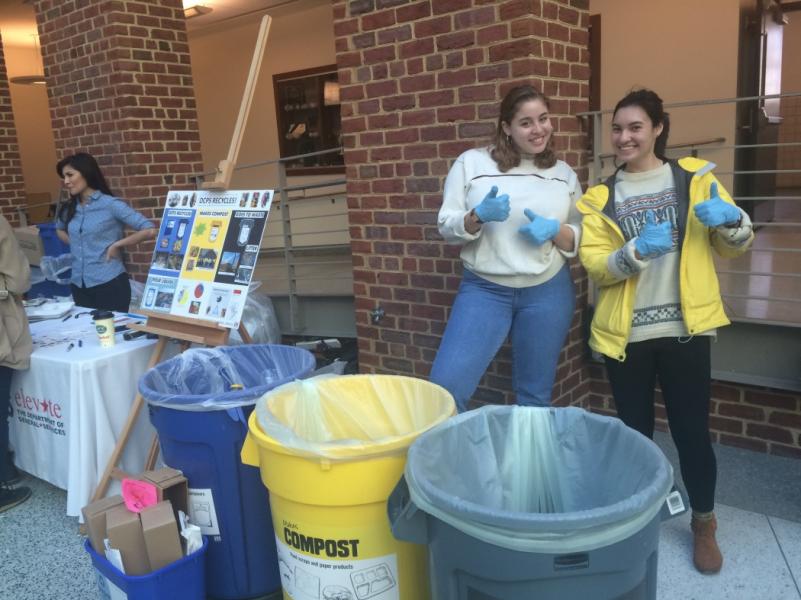
Highlight #1: DCPS Recycles! Honor Roll 2016 – Final!
Congratulations to the 49 schools that have made the DCPS Recycles! Honor Roll 2016! Honorees are DCPS schools have shown enthusiasm for, and excellence in, recycling. Special congratulations go to the 32 schools that successfully participated in organics recycling this year, and in particular to the newest additions to the Honor Roll list: Coolidge High School (Ward 4), Nalle Elementary School (Ward 7) – with distinction, and Watkins Elementary School (Ward 6).
Highlight #2: High School All-Stars
Creating and maintaining successful recycling programs at the high school level can be challenging. But there are many high school students across DCPS high schools that are leading their school’s recycling efforts.
- Cardozo Education Campus (Ward 1) adopted a “voluntary sorting” pilot for implementing the organics recycling program in its school cafeteria. The voluntary sorting pilot means that one sorting station, in addition to regular trash bins, is set up in the cafeteria for students who would like to sort their food waste and recyclables. To make sure the bins do not get contaminated, the sorting station is monitored each lunch period by a committed team of Cardozo teachers and students. This pilot is a new model for implementing the organics recycling program in high schools where requiring a school-wide organics recycling program tends to be challenging.
- The student government at Wilson High School (Ward 3) promoted recycling around their school and helped collect recyclables each week. Wilson students and staff also collect organic recycling every day during lunch. Additionally, Wilson students volunteered at Rooting DC to help divert waste from the event (see more below under “Event Waste Managers”).
- Coolidge High School (Ward 4)’s “Green Hearts” recycling club audited their building, determined what supplies their school needed, and presented at a staff meeting about the new recycling program at their school. The school also participated in reuse projects, such a repurposing old campaign signs by painting them with leftover paint from neighbors to create art to beautify the school’s campus.
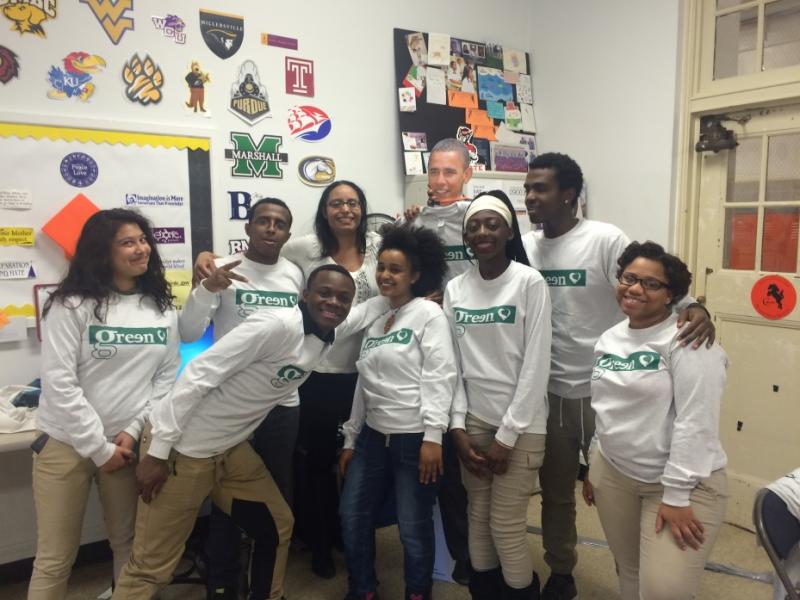
Highlight #3: Maintenance Masters
This spring three DCPS custodians represented the DCPS Recycles! program at the 2016 Green Schools National Conference on a panel entitled, Every School Can Recycle! Listening to Custodian Leaders In DC Public Schools. The following custodians were selected to represent DCPS Recycles! at the conference.
- William Isreal, Custodial Foreman of C.W. Harris Elementary School (Ward 7), not only led the creation of the cafeteria recycling program at his school, but also created a waste station for students eating breakfast in the classrooms.
- Rhonda Keith, Custodian of Cardozo Education Campus (Ward 1), took it upon herself to educate every class at her school on proper recycling procedures and assists fellow staff members with collecting their recyclables.
- Kenneth McCrory, Assistant Custodial Foreman of School Without Walls @ Francis-Stevens (Ward 2), spearheaded the cafeteria recycling program at his school, while also creating exciting ways to engage students in the program.
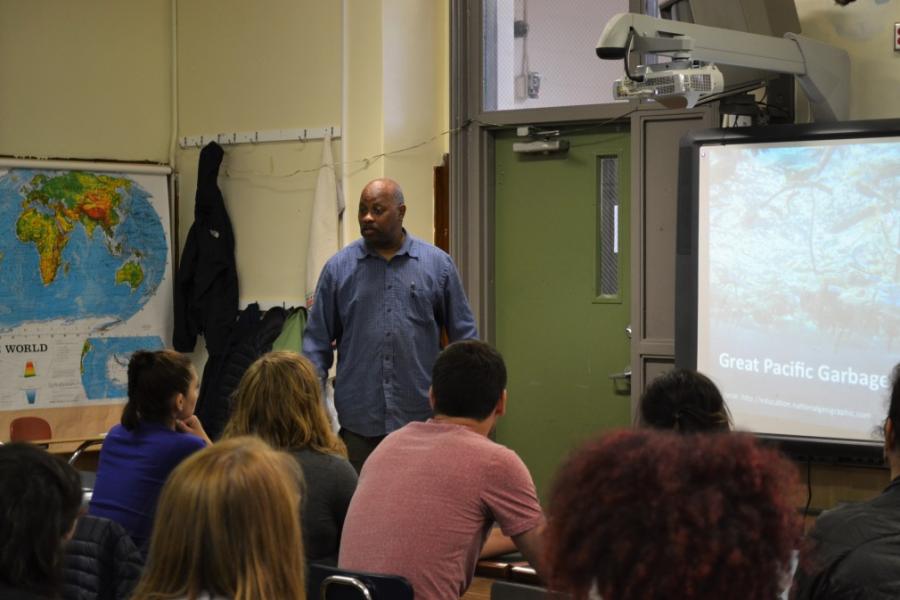
Highlight #4: Litter Warriors
In addition to recycling, preventing and removing litter is crucial to protecting the environment. Students from numerous DCPS schools participated in litter clean-ups, including:
- Dunbar High School (Ward 5) students and staff volunteered to remove litter collected in rain gardens along O Street, which are designed to filter pollutants from stormwater before it flows into local waterways.
- McKinley Technology High School (Ward 5) and Langley Elementary School (Ward 5) teamed up together to learn about and collect litter from around their school grounds for Earth Day.
- River Terrace Education Campus (Ward 7) students partnered with the Anacostia Watershed Society to clean out the River Terrace Trash Trap designed to capture litter entering the Anacostia River after flowing through the storm drains on local streets.
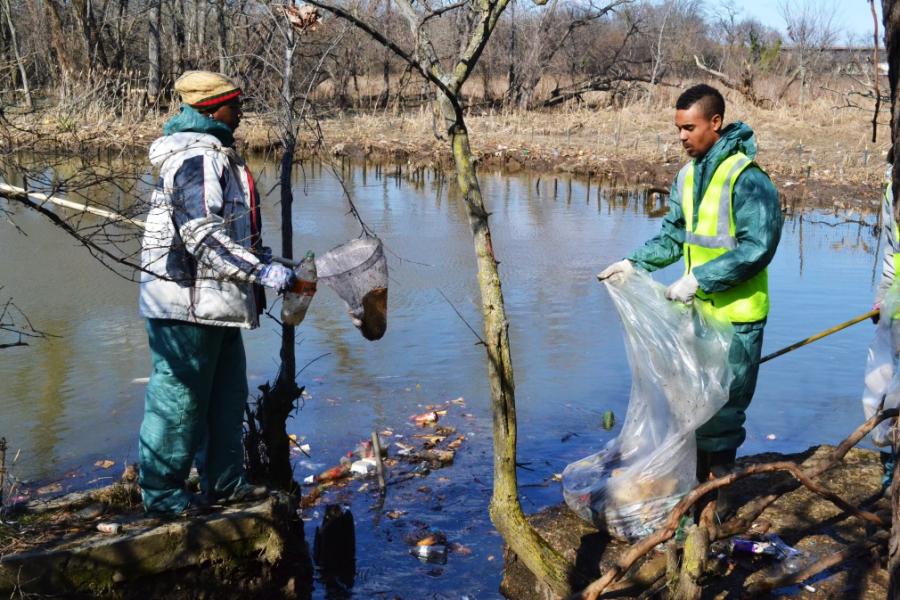
Highlight #5: On-site Composters
Outdoor composting bins enable schools to compost garden scraps and some food waste on school grounds. Schools also utilize the bins as an educational tool. When students see the composting process in action, this strengthens participation in the cafeteria organics recycling program. This school year DGS provided three new compost bins. These bins, built by Urban Farms Plans, are the same design as those used by DPR's Community Compost Cooperatives.
- Columbia Heights Education Campus (Ward 1) students from the school’s garden and recycling teams put their woodshop skills to work by helping construct their compost bin themselves.
- Students at Eastern High School (Ward 6) utilize their outdoor compost bin to compost garden scraps from their large garden they planted and maintain with their partner City Blossoms.
- Ketcham Elementary School (Ward 8) received its compost bin as part of its student-, staff-, and volunteer-built school garden, provided by its partner, Real School Gardens.
Highlight #6: Food Waste Reducers
This school year, many schools took steps to reduce food waste during lunch. Some highlights include:
- Students in Alva Braxton’s pre-k class at Van Ness Elementary School (Ward 6) encouraged one another to try new foods by using the motto “Try it! You might like it!” Van Ness also piloted the first ever whole-school model for organics recycling inside early childhood classrooms.
- High school students at Phelps Architecture, Construction, and Engineering High School (Ward 5) conducted student surveys and initiated dialogue during lunch about trying new foods and healthy eating. Phelps students conducted other eco-audits through EcoRise Youth Innovations.
- Through exceptional collaboration among leadership, teachers and custodians, Mann Elementary School (Ward 3) reduced the number of unopened & whole uneaten food items thrown away in its cafeteria.
Congratulations go to all the schools that took steps to reduce food waste including Ballou High School (Ward 8), Barnard Elementary School (Ward 4), Cardozo Education Campus (Ward 1), J.O. Wilson Elementary School (Ward 6), Key Elementary School (Ward 3), Malcolm X Elementary (Ward 8), Mann Elementary School (Ward 3), Mundo Verde Bilingual PCS (Ward 5), Phelps ACE High School (Ward 5), River Terrace Education Campus (Ward 7), School Without Walls @ Francis-Stevens (Ward 2), Takoma Education Campus (Ward 4), and Van Ness Elementary School (Ward 6).
Highlight #7: Trained Leaders
Teachers and custodial staff participated in trainings to become recycling experts and environmental leaders in their school communities.
- Environmental educators, from the 18 schools participating in OSSE’s Environmental Literacy Leadership Cadre, attended trainings on developing a school recycling action plan. The trainings reinforced that students are not really learning to recycle unless they are actually recycling.
- In May 2016, three DCPS maintenance employees went on a boat tour of the Anacostia River guided by the Anacostia Watershed Society and in partnership with the Department of Energy & Environment. On the tour, custodial staff drew connections between stormwater pollution prevention on school grounds and the health of the river. Check out pictures from the boat ride, including pictures of osprey, ducks and ducklings, and a bald eagle.
- Over 60 pre-k DCPS teachers participated in DCPS Recycles! workshops as part of early childhood education professional development days. The workshop educated teachers on recycling in DCPS as well as how to teach recycling aligned with the pre-k curriculum. Pre-k teachers emphasized the importance of teaching children early-on sustainability values, behaviors and habits. Check out pictures from recycling-themed pre-k classrooms and our new resource, Resources for the Creative Curriculum® Recycling Unit.
Highlight #8: Event Waste Managers
Event organizers took steps to reduce and recycle waste at events in DCPS school buildings, all while educating students, teachers, staff and the school community to “walk the talk” when it comes to environmental education. Through waste sorting stations at events, nearly 900 pounds of recycling and organic waste were diverted from incineration and landfill.
- Ms. Vanessa Ford, event organizer of the Think Tank and STEM Expo 2016 at Maury Elementary School (Ward 6), emphasized waste reduction and recycling during the event. Ms. Ford scheduled the event during a wide time window to allow attendees to eat dinner before or after the event, which avoided food catering and minimized food waste. Exhibitors and attendees sorted their waste at waste sorting stations managed by DCPS Recycles! volunteers.
- At the DC STEM Fair 2016 held at Dunbar High School (Ward 5), the event organizer, the Carnegie Institution for Science, worked closely with the DCPS Recycles! program, the Dunbar custodial team, and volunteers to divert 83 percent of waste generated from the event from landfill and/or incineration. Check out pictures of the event!
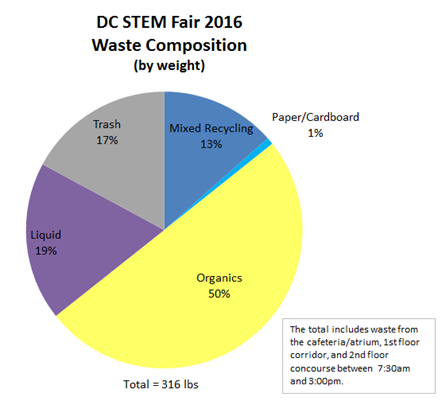
- At Rooting DC, organized by DC Greens, over 1300 people gathered at Woodrow Wilson High School (Ward 3) for the all-day forum on urban food production and consumption. The DCPS Recycles! program, Wilson students, volunteers and Wilson custodial staff worked together to recycle and compost 65 percent of waste from the event.
- During Leckie Elementary School (Ward 8)’s Spring into Spring event, students conducted a waste audit by digging through the trash and sorting items into organics, paper recycling, mixed recycling and waste. Don’t worry—they had gloves on!
- The Anacostia Environmental Youth Summit, an annual environmental education student gathering organized by DOEE, encouraged exhibitors to reduce waste at their stations and achieved an 82 percent diversion rate through waste sorting stations managed by the DCPS Recycles program.
Informed by this event experience, DCPS Recycles! created a Best Practices Guide for Recycling at Events in DCPS Buildings.
Many thanks to all DCPS staff and students who participated in recycling this year!
